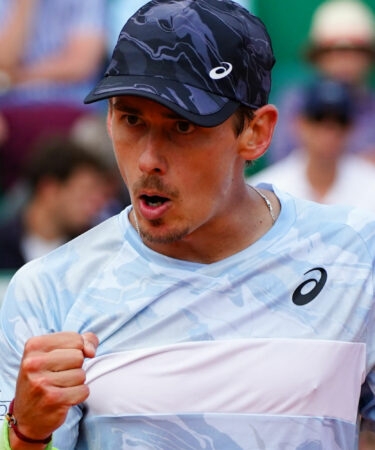Why Alex de Minaur prefers problem-solving on court to receiving a statistics overload
The Australian said when he is given stats, and they don’t work out, it messes with his mind
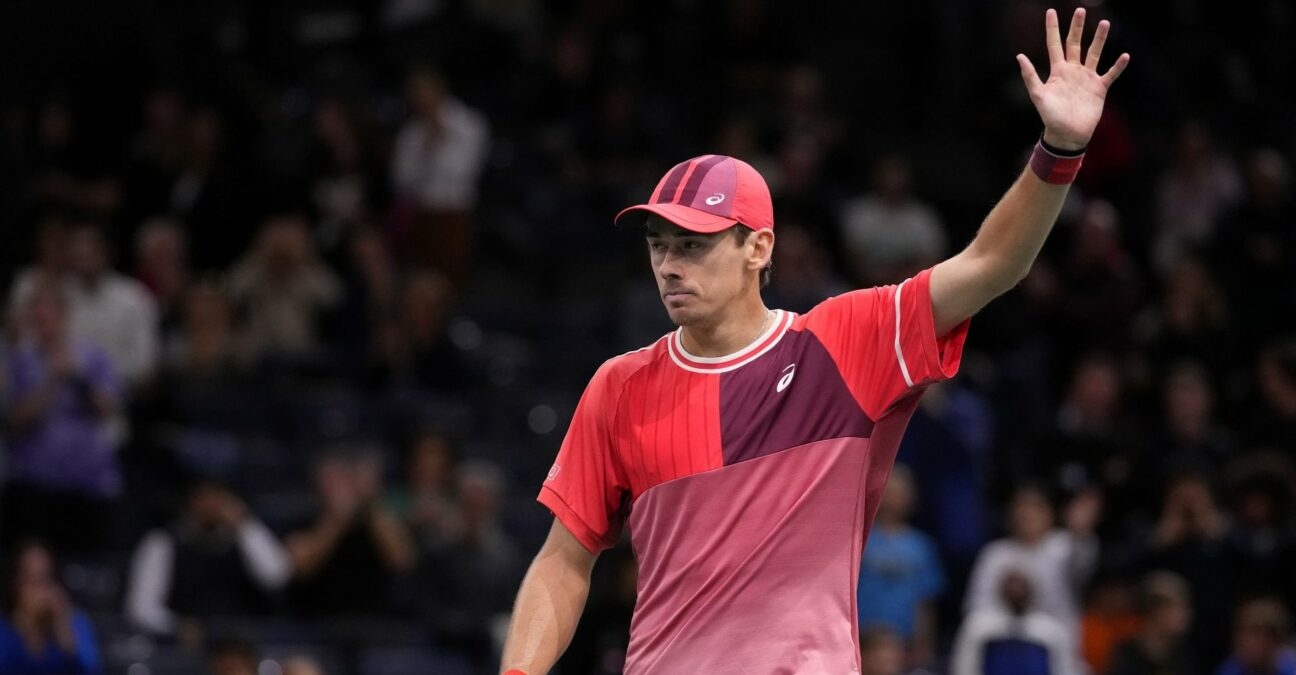 Icon SMI / Panoramic
Icon SMI / Panoramic
When is too much information a bad thing?
We often hear about players talking about being in “the zone”, that blissful place when everything goes right on the tennis court, without even thinking about it. The mind is clear, the body does the work it’s trained do over years and years.
This generation of players, though, has also embraced the technological era, with the widespread availability of statistics, in more and more depth, all designed to help them gain an edge on their opponent.
Some players love it. Wim Fissette, the coach of Naomi Osaka, used to say that Victoria Azarenka, one of his former charges, loved to be given every stat available before she played, but that Angelique Kerber just wanted to get on with it, maybe listening to one or two particular bits of advice.
Alex de Minaur, the Australian who broke into the world’s top 10 for the first time earlier this year, is definitely in the latter category. De Minaur said he preferred to work things out for himself rather than be overloaded with stats.
“I just find that sometimes, nowadays, we’ve got too much information, right?,” he said. “To the point that if you’re solely based on that information….let’s just say you go into a match and you’ve been told by your team, or analytics or whatever, that nine times out of 10, on a big point, he’s gonna serve to this spot, right?
“In the heat of the battle, if you go out there, and you’re purposely looking for that spot, and for whatever reason, he decides to change it up, it screws you up mentally big time. So I’d rather just be out there and not know these types of things, and just try to figure that out on myself.”
De Minaur doesn’t need much technical input
It seems that De Minaur is a person who likes to do things himself. If there are technical issues to be tweaked, his long-time coach, Adolfo Gutierrez, will do it. But in general, improvements are down to him.
“It’s more of like kind of my outlet where I just go out there and and I’ve got my freedom, and I swing free and kind of try to find out and figure out problems on the spot,” he said. “I’ve never been one to be crazy about stats, and the analytics of the sport or the opponents I’m playing, I just like less information.
“I look up to my coach (on court). We’ve been together for 16 years almost now. So he knows me quite well. There’s times where he knows that I don’t need much, I’ve got things under control, or I’m in a good head space, and I’m figuring things out, sometimes I need someone to snap me out of it. and you know, he’s there as well. So it kind of depends on the day, but, you know, normally there’s not that much information being said.”


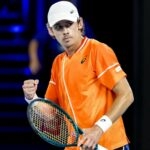
People in this post
More tennis news
Djokovic praises Berrettini, downplays any injury issue following Doha loss

Osaka, Raducanu headline entry list for new WTA Queen’s Club event
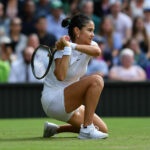
Muller breaks Rio Open fans’ hearts by ousting Fonseca in first round
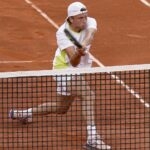
Ugo Carabelli second lucky loser into Rio second round

Zverev gets past Bu in Rio de Janeiro opener


